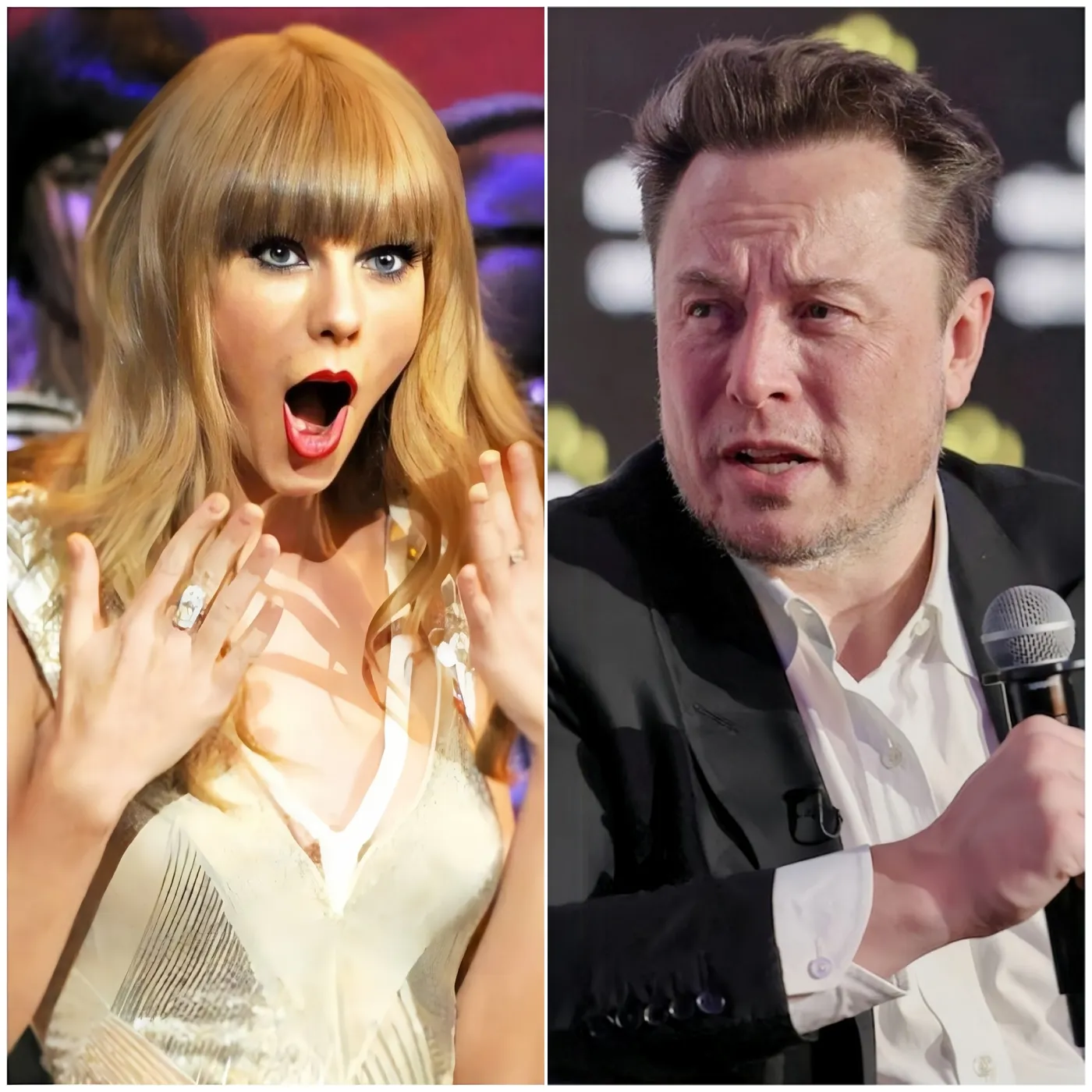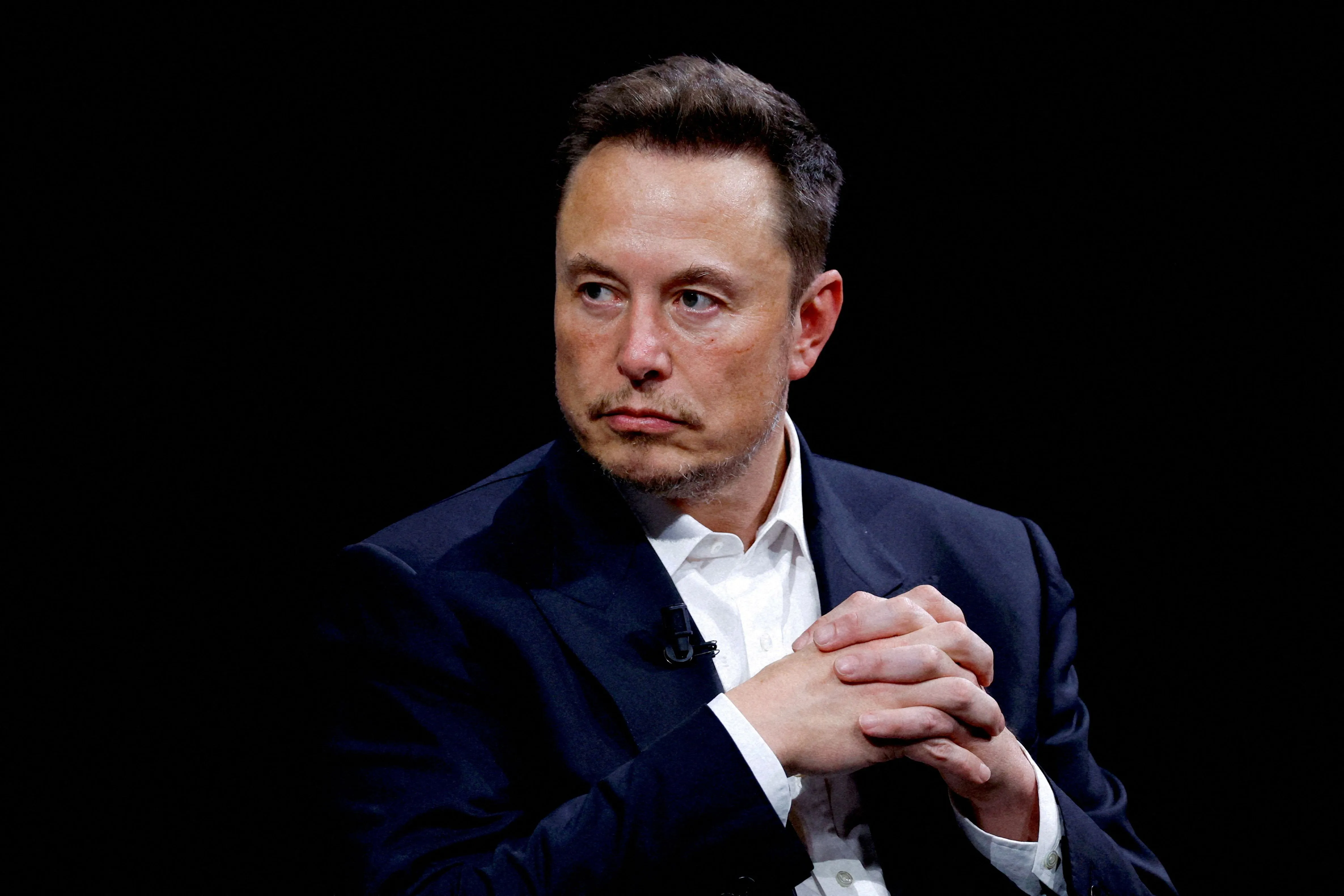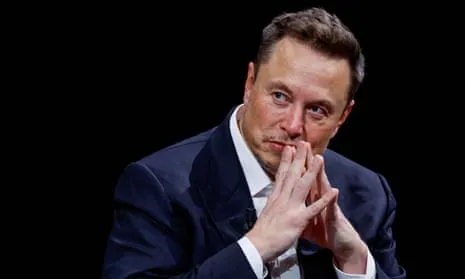Elon Musk, the billionaire entrepreneur behind Tesla, SpaceX and X (formerly Twitter), has once again made headlines around the world with his bold plans to take over the ABC television network. Musk reportedly intends to appoint Tucker Carlson, a former Fox News host known for his outspoken conservative views, as the new CEO. Musk’s alleged motivation? He wants to rid the network of what he calls “woke ideology” and steer it in a new editorial direction.
This shocking revelation has sparked heated debates on social media, news outlets, and political circles. Some see it as a bold attempt to counterbalance the perceived left-leaning bias of the mainstream media. Others fear that it consolidates media power in the hands of a few wealthy individuals with political agendas. Regardless of perspective, the implications of Musk’s potential move are profound and multifaceted.

Musk’s entry into the media world has been anticipated by some since his controversial acquisition of X. Under his leadership, X has changed its policies to emphasize free speech and reduce content moderation, drawing both praise and criticism. For Musk, owning a traditional media network like ABC seems like the next logical step in his mission to reshape the way information is distributed.
The decision to appoint Tucker Carlson as CEO is in line with Musk’s commitment to challenging the status quo. Carlson, who left Fox News earlier this year under controversial circumstances, has since launched a digital news program on X. The partnership between Musk and Carlson suggests a shared vision to transform ABC into a platform that foregrounds alternative perspectives, particularly those critical of progressive ideologies.
Musk has not shied away from expressing his disdain for what he calls “woke culture” and its influence on media and entertainment. He has frequently criticized major media outlets for promoting narratives he sees as divisive or ideologically motivated. With the acquisition of ABC, Musk seems determined to take a direct stand against what he sees as a systemic problem.

The financial logistics of such an acquisition are, of course, staggering. ABC is owned by the Walt Disney Company, one of the largest entertainment conglomerates in the world. Disney’s valuation of ABC, along with its affiliated television networks and production assets, would likely result in a multi-billion dollar price tag. However, Musk’s considerable wealth, estimated at over $200 billion, puts him in a unique position to negotiate such a deal.
Industry experts are divided on whether Disney would even consider the idea of selling ABC. On the one hand, Disney has faced increasing financial pressure in recent years as cable subscriptions have declined and it has struggled to adapt to a rapidly evolving media landscape. Selling ABC could give the company a much-needed cash injection so it can focus on its core businesses of streaming and theme parks. On the other hand, giving up ABC would mean parting ways with a legacy brand that has shaped American television for decades.
If the deal goes through, it could have a dramatic impact on ABC’s programming and editorial approach. Musk’s vision for the network reportedly includes a complete restructuring of the news division, prioritizing investigative journalism and reducing reliance on opinion-driven content. Carlson’s influence could steer the network toward a more conservative editorial stance, which would likely resonate with viewers who feel turned off by other mainstream networks.
Such changes would not be without risks, however. ABC’s current audience, which spans a broad demographic spectrum, could resist a sudden shift in editorial tone. Advertisers could also reconsider their partnerships if the network’s content becomes polarizing. These potential challenges highlight the fine line Musk and Carlson must navigate to achieve their goals.
Critics of the potential takeover have raised concerns about the broader implications of a consolidation of media ownership. Musk’s existing influence through X, combined with control of a major television network, could create an unprecedented concentration of power. Critics argue that this could undermine journalistic integrity and limit the diversity of viewpoints available to the public.
But supporters see Musk’s move as a necessary disruption to a media landscape they say has become too homogenous. For them, the prospect of a reimagined ABC led by two prominent critics of “woke” culture is an opportunity to challenge entrenched narratives and promote a more balanced discourse.

Legal and regulatory hurdles could also complicate the acquisition process. The Federal Communications Commission (FCC) and other regulators would likely scrutinize the deal closely to ensure it complies with antitrust and media ownership rules. Musk’s legal team would need to carefully address these challenges to gain approval for the purchase.
Meanwhile, news of Musk’s intentions has already caused a stir in the media industry. Rivals are no doubt watching closely, while ABC staff are reportedly bracing for potential upheaval. The uncertainty surrounding the network’s future underscores just how much is at stake in this potential takeover.
Musk’s track record as a disruptor in industries ranging from electric vehicles to space exploration suggests he’s unlikely to back down from a challenge. If he can take over ABC and execute on his vision, the move could set a precedent for other rich people trying to influence media coverage. Alternatively, it could serve as a cautionary tale about the risk of intertwining business ambitions with ideological crusades.
As the story unfolds, one thing is clear: Elon Musk’s plans to buy ABC and appoint Tucker Carlson as CEO have opened a new chapter in the ongoing debate about the role of media in society. Whether this bold gamble will produce the results Musk envisions remains to be seen, but its impact on journalism, politics and culture is undeniable.

